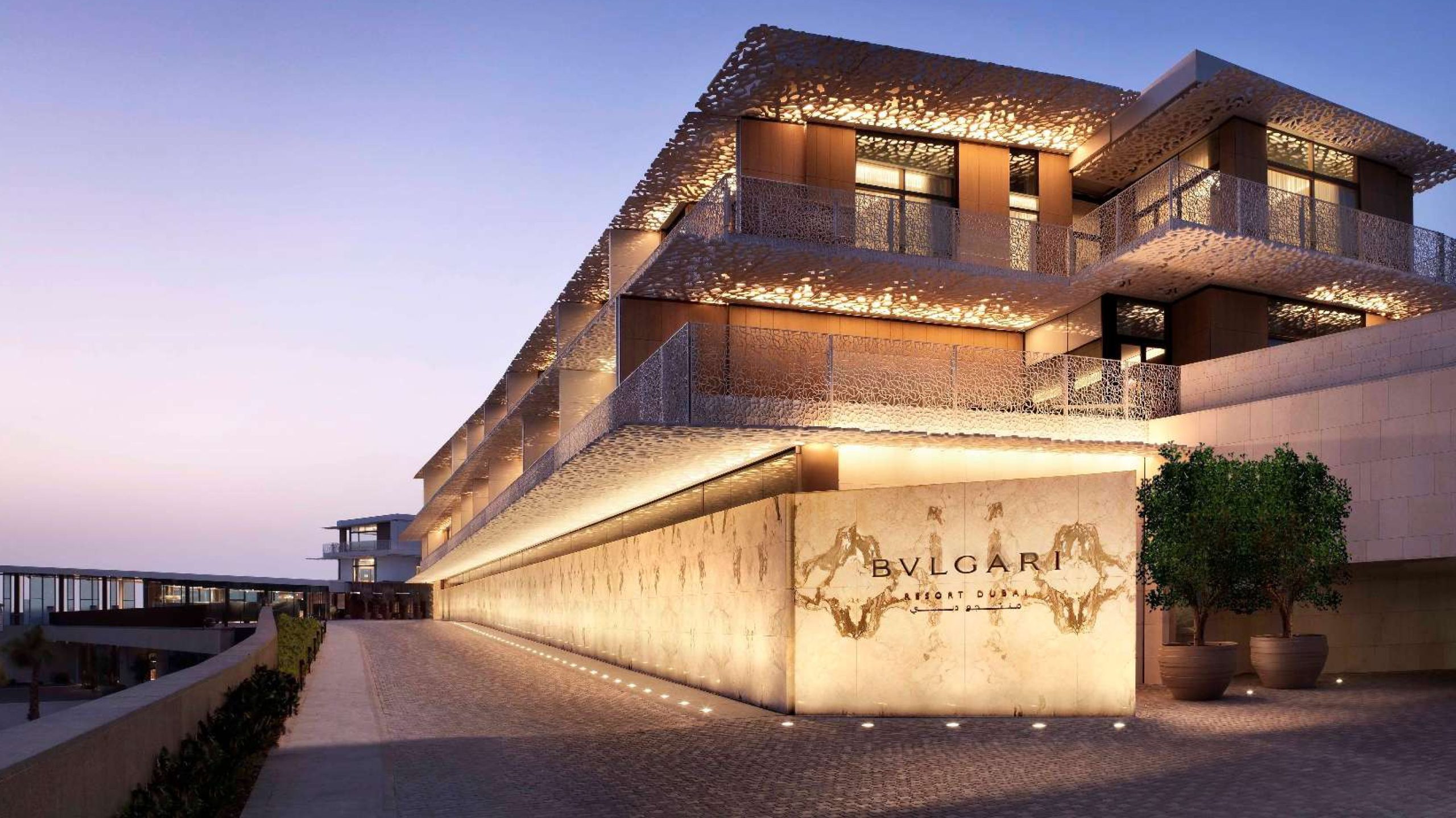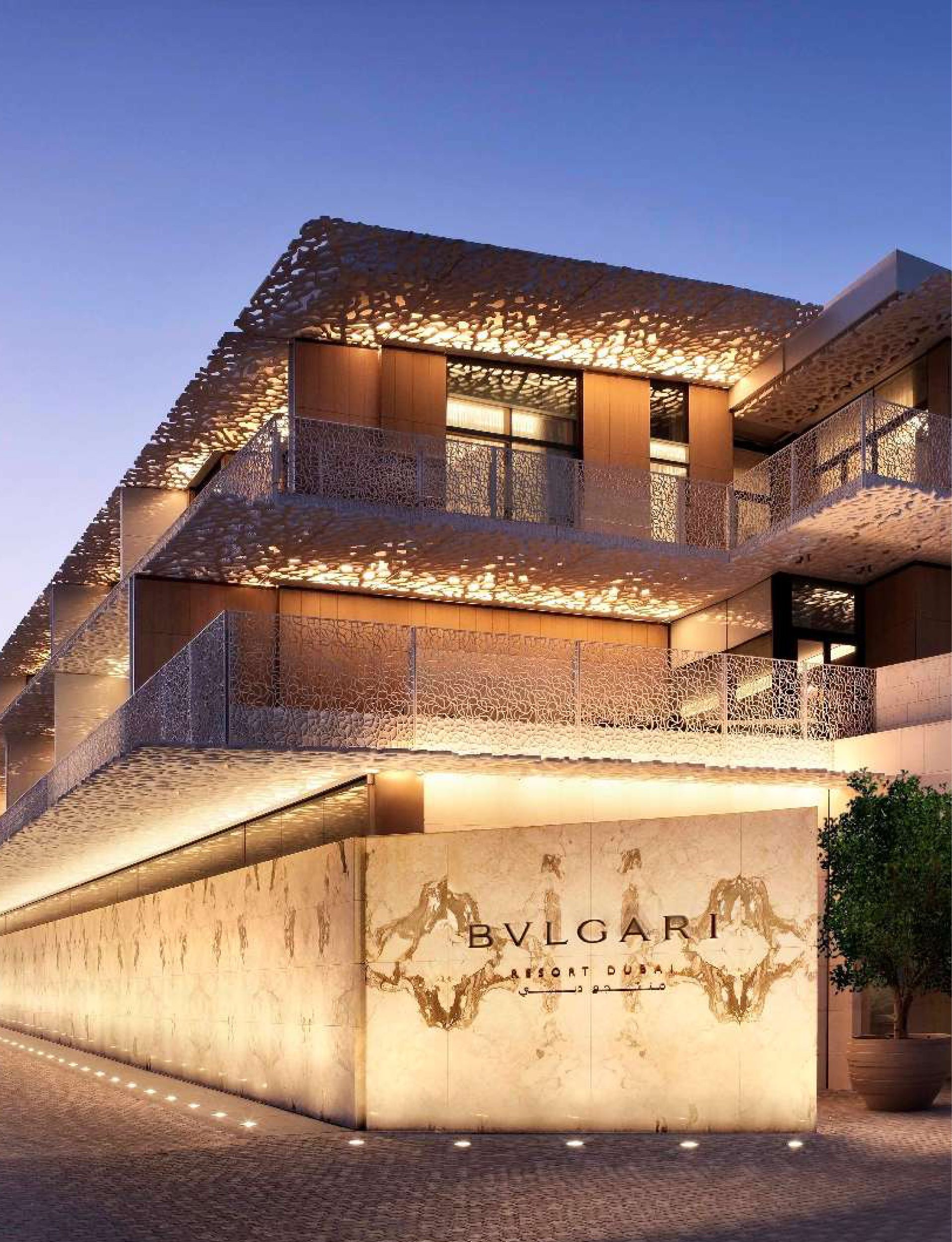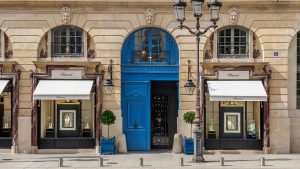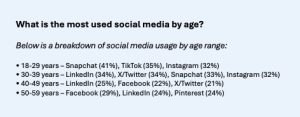


The expansion of luxury organizations and individual brands into the hospitality space has been among the most eye-catching industry trends of recent years. We asked two experts for their views – one internal via our faculty and one external. First we offer the external view, courtesy of luxury industry consultant Fabrice Gautron.
When looking at the bigger picture behind the convergence of luxury and hospitality, for me one of the main drivers is the need for luxury brands to create ‘communities’ – and especially communities that engage the newer generations who are disciples of social media.
From a marketing perspective these communities, and the people who influence them, are unbelievably important in an age where more ‘traditional’ advertising and marketing does not tend to reach the millennials and GenZs who will be taking over from the ‘boomers’ and GenXs as the key luxury demographics.
Luxury brands have recognized that they must go where these new generations go; creating a universe where people feel at ease and where they can find the brand wherever they happen to be. In addition, while younger generations tend to be heavier social media users, they are very much aware of the risks regarding data, so brands need to be thinking differently about them when they collect data.
We could see this play out with the gamification of brands for instance. Creating experiences in hospitality is another way forward, not forgetting that it is sometimes easier/cheaper to pay for a branded hotel night than the branded IT bag and therefore, being in a hotel is being ‘part of the brand community’.

Still in love with luxury
At the same time, we have a huge proportion of the world’s population (what you’ll often see referred to as the ‘Global South’, Asia, Africa, South America) who are still committed to experiencing life at its fullest, traveling more, and enjoying the trappings of luxury that many in the mature economies of the ‘West’ have long been accustomed to.
Many aspirational individuals in these developing economies already follow brands like Louis Vuitton or Bulgari on Instagram, and so it’s a natural step to aspire to stay in a luxury hotel that relates to a luxury brand – either directly or indirectly.
From the industry point of view, having additional touch points with their customers presents further opportunities to collect the data that drives the all-important personalization. To know more about what a customer likes – and doesn’t like – is priceless in today’s hyper-competitive marketplace. What a brand might learn about a customer from their hotel stay can certainly feed into what it offers them in terms of hospitality when they visit a boutique.
Indeed, staying a night in a hotel gives many more ‘touchpoints’ and opportunities to discover a client than can be gleaned from a store visit… and then the next physical store visit or even virtual exchange with a Brand Ambassador ‘at distance’ (WhatsApp, website, etc.) can become so much more fulfilling for the client, since the brand will have learned a lot more about them and potentially also their relatives, as clients rarely travel on their own.
To brand or not to brand?
If that’s a little of the background to this phenomenon, it is also useful to explore the two very different strategies that luxury players are adopting for their hospitality ventures.
On one side are brands such as Bulgari (see main image), Fendi, Roberto Cavalli, Armani, Versace and others who are putting their names ‘above the door’ – presenting the hotel as an additional way to experience and enjoy the brand.

The alternative approach, as adopted by Audemars Piguet, Chopard and others, is to create something that has its own identity and character. If you take Audemars Piguet (AP) as an example, the Hotel des Horlogers is closely linked to the watchmaker, being located in the same Swiss village (Le Brassus) as its headquarters, factory and museum. But the hotel has its own distinct identity, and you won’t find the AP logo or branding on its website.

Chopard’s new 1 Place Vendôme is a hotel but before anything it’s an extremely confidential address. The property has its own distinct character but the brand connection is unmistakeable, given its location above the boutique. The company’s VIP clientele are expected to make up the majority of guests.
Worlds converge
What we have seen in the past few years is in many ways an evolution of the symbiotic relationship between the luxury and hospitality sectors. If we look back around ten years or so, the luxury retail segment was actively hiring from hospitality as a means of raising the bar on the service they could offer in store. The objective, of course, was to extend the all-important dwell time, giving the sales associates and Brand Ambassadors more time to show off products and pieces.
Today, we find the luxury retail sector has grown a lot in terms of skills, and the skillset of a luxury store manager or store director could, I feel, be very well used and transferred to the hospitality industry.
These individuals know how to manage large multi-diverse teams and, crucially, they have been using extremely efficient and digitalized CRM systems for years. Additionally, they have worked on how to attract, retain, and entertain UHNW clients. This, I think, mirrors perfectly what the luxury hoteliers are now further developing – or for some only starting to develop, since investing in CRM systems had not previously been the priority for several luxury hotels.

I believe this cross-fertilization will only grow in future, as it encompasses more elements of the experience economy such as private flying, yacht charters, residential luxury homes, and suchlike. Here we are seeing that it’s the most powerful luxury hospitality brands – Four Seasons being a prime example many years ago with their jet (see photo) – which are leading the diversification. It’s not just a one-way street of luxury moving into hospitality.
The ultimate ambition would be to create a ‘360 degree universe’ of touchpoints with the consumer. You see this, for example, with Fendi, which now has a successful homewares business (Fendi Casa) as well as its luxury hotel in Rome, Fendi Private Suites.
How should ‘traditional’ hospitality respond?
My final point to consider is how – if at all – the ‘traditional’ luxury hospitality sector should respond to this trend.
Firstly, I believe there ought to be a response, as there should be to any competitive threat in a dynamic and multi-faceted marketplace. What that response looks like will vary significantly from operator to operator. But one thing that luxury hoteliers may be thinking about is to pedal back a little from the recent emphasis on ‘sweating the building’ in order to maximize returns, and instead to focus more firmly on delivering truly exceptional service built around a personalized experience, thereby creating a true community of (hotel/brand) clients they entertain, and not only during their stays.
To do this requires building exceptional teams. A lot of hotels have had to rebuild their teams after Covid and I am confident they are doing so smartly; not just employing younger, digital-savvy individuals but also some more mature people who still have that ‘old school’ sense of hospitality. Here again, it is about creating a blend of experiences within the employees and to nurture a new way to approach clients.

Employees must also be rewarded for creating unforgettable experiences that drive guests not just to come back again and again, but also to share that amazing experience via social media. One important point is that many luxury hotels have created norms, limits, clusters with regards to spending budgets for the experiences they create for guests. Of course, everyone needs to know his or her limits, but if things become too budget-driven this may not incite employees to work towards creating unforgettable experiences.
I think there’s also significant power in umbrella brands and collections, for example Leading Hotels of the World (LHW), which can produce that sense of community I referred to earlier. If a guest has a fantastic experience at one hotel within this family, they will be much more likely to book into another property carrying the same hallmark. I do hope all hoteliers from associations like LHW are recognizing that there is strength in numbers, and that they should share insights and data between them to be more powerful as a group.
The response of the luxury hospitality sector to this challenge will be fascinating to watch over the next two-to-three years. I think the independent luxury hotels will get it; and will play on their uniqueness to withstand the competitive threat, but only if they work cohesively and ‘play the game’ 100% and 360° of the organization or association they are part of.
Either way, such healthy competition can only be good for the hospitality business as a whole, not to mention offering a growing range of career opportunities for hospitality and luxury professionals, who will be able to take advantage of the ongoing convergence between these sectors.
To hear more from Fabrice, check out the recent luxury industry panel, hosted by Glion, in which he took part:
- You can also connect with him at LinkedIn
Photo credits
1 Place Vendome: Gregory Copitet/Chopard
Luxury resort: Thomas Barwick/Getty
Build a leadership career in luxury
The Executive Master’s in Luxury Management and Guest Experience from Glion offers flexible, self-paced study that allows you to sharpen your luxury business knowledge without giving up your current role.

















